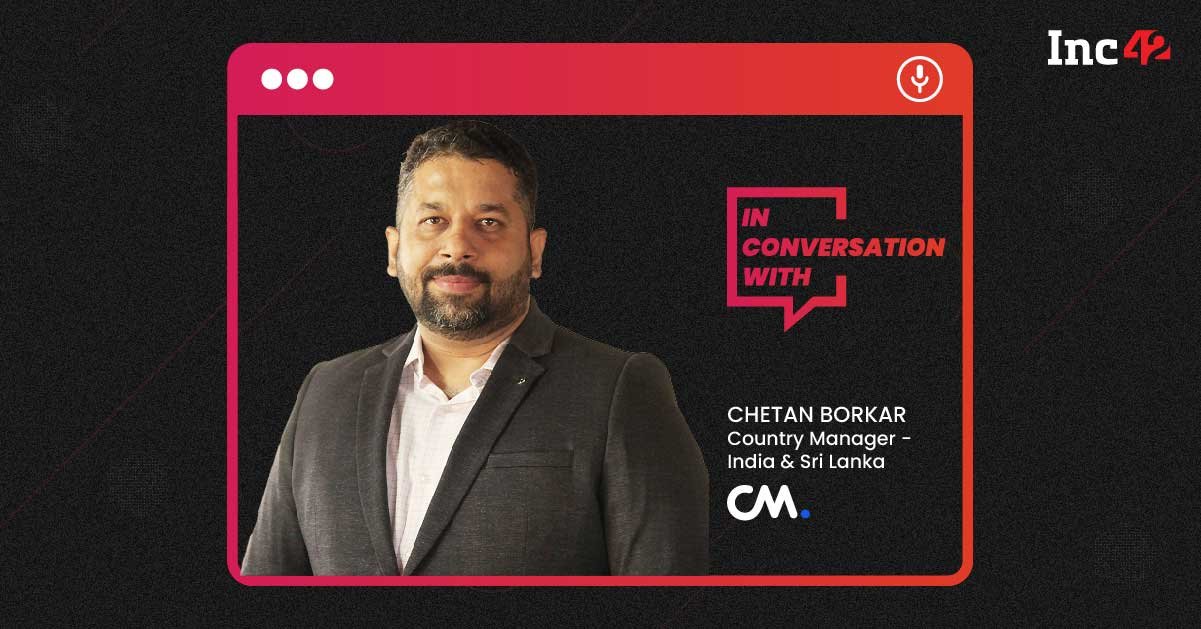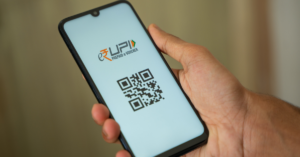Conversational commerce uses data-driven tools to assist customers and resolve their issues, thus creating a bespoke customer experience
CM.com’s software solutions helped the Dutch government manage Covid-19-related queries and address people’s grievances
The company aims to help hospitals, health workers and healthcare organisations decode customer behaviour and boost customer engagement and retention
With the onset of the Covid-19 pandemic, the world has faced major social and economic disruptions. But what overwhelmed the governments worldwide is the strained healthcare infrastructure that struggled to cope with an unprecedented health crisis. In fact, a WHO report suggests that Covid-19 continues to disrupt essential health services in 90% of countries.
Globally, this has forced many governments to rethink strategy and deploy new tools and technologies to ensure best healthcare outcomes. For example, in the Netherlands, municipal healthcare provider GGD West Brabant partnered with CM.com, a company specialising in conversational commerce, to assist patients in their covid journey.
GGD uses CM.com’s centralised Customer Data Platform (CDP) to gain insights into patient behaviour and send automated text messages with a link to the chatbot. The cloud-based AI chatbot interviews, monitors and advises patients using a default interface that can run on the GGD website. The chatbot also gives tips to prevent further infections and helps with contact tracing. As a result, GGD could speed up testing and tracing people with symptoms, saving nearly 70 hours of non-automated monitoring through this partnership.
Simply put, conversational commerce uses data-driven tools to assist customers and resolve their issues, thus creating a bespoke customer experience. This is done by deploying AI-powered chatbots and leveraging chat apps like WhatsApp, Instagram or other engagement tools to automate customer services.
“Conversational commerce is the next big thing in the healthcare industry. But adapting to the new-age communication channels is challenging. Can we bypass the different levels of (data) security? And who’s going to take the first step?” observed Chetan Borkar, country manager, India and Sri Lanka, at CM.com.
With its suite of software solutions, CM.com seeks to help hospitals, health workers and healthcare companies in India to decode customer behaviour and boost customer engagement and retention. In a one-to-one interaction with Inc42, Borkar charts the tech and innovation at CM.com, the challenges faced by India’s healthcare industry and how conversational commerce can help counter these issues. Here are the edited excerpts.
Inc42: Why is conversational commerce needed for healthcare? How will it help the medical ecosystem?
Chetan Borkar: For traditional hospitals, the need of the hour is to enhance their database infrastructure. But other areas are equally important. If hospitals use conversational commerce, they can offer a seamless, hassle-free patient experience. For instance, CM.com will send an SMS or a WhatsApp notification with the doctor’s profile if a patient books an appointment. In case there’s some change, patients can even customise all appointments on the chat/messaging app. Second, we can help hospitals improve their data storage through our backend system while keeping all records safe and updated. As all patient reports reside on our CDP, one can easily access them with a customer ID if these documents are misplaced.
“WhatsApp is a feasible channel for this purpose as everyone uses it these days. And we can help hospitals utilise this channel. The healthcare industry can automate all essential tasks with CM.com solutions, from generating prescriptions to tracking previous appointments to reaching out to doctors.”
Inc42: How do you ensure hassle-free data storage for traditional hospitals?
Chetan Borkar: Most data platforms are information repositories, and all these are stored in our centralised CDP system. This makes data storage easier and quickly accessible. If a hospital wants patient data, it can simply search the name in the CDP and all information, including contact details and health records, will come up. Also, the CDP helps create distinguished patient categories. Suppose a small diabetes clinic wants to send out a free testing offer to patients aged 60-65 with Type 1 diabetes. The CDP system will create a specific segment for easy and time-saving outreach.
Inc42: You also worked closely with the Dutch health department. How did this partnership come about, and how did you help the authorities?
Chetan Borkar: When the Covid-19 pandemic hit the world, all governments were pulled into an unprecedented situation. The major challenge for the Dutch government was to make sure that the government could handle communications at scale. We identified the problem and helped build an AI-powered chatbot. With that tech tool in place, the government could manage all vaccine-related communication and even streamlined the vaccination camps.
We had a website bot on the official (vaccine) site and a WhatsApp bot to answer grievances or respond to all other Covid-related queries that came from citizens. In a way, it acted as a hotline, but instead of dialing in, citizens could chat and get resolutions in real time.
Inc42: Data breach has become a nettlesome issue in the wake of the pandemic, and people now hesitate to share personal data. What measures have you taken to prevent data theft?
Chetan Borkar: All (customer) data resides on our in-house servers. We don’t have a third-party data partner, nor do we use software platforms like Microsoft Azure or Google. Also, our data centres comply with all global data security standards such as HIPAA and GDPR. These data centres are audited first and then we apply for security certifications from the government. Our robust infrastructure and stringent security measures ensure that our customers won’t have to spend sleepless nights worrying about their data.
Inc42: How can traditional hospitals and other healthcare players scale up operations using CM.com solutions?
Chetan Borkar: We have a pay-as-you-grow model for our partners. Hospitals can start small by reaching 500 patients and then expanding their reach, going up to 500 Mn. They can also upgrade the plan as they grow through our customer engagement solutions. Easier reachout enables scaling operations, and that’s how we aim to help hospitals and healthcare workers adapt to the new-age communication system.










